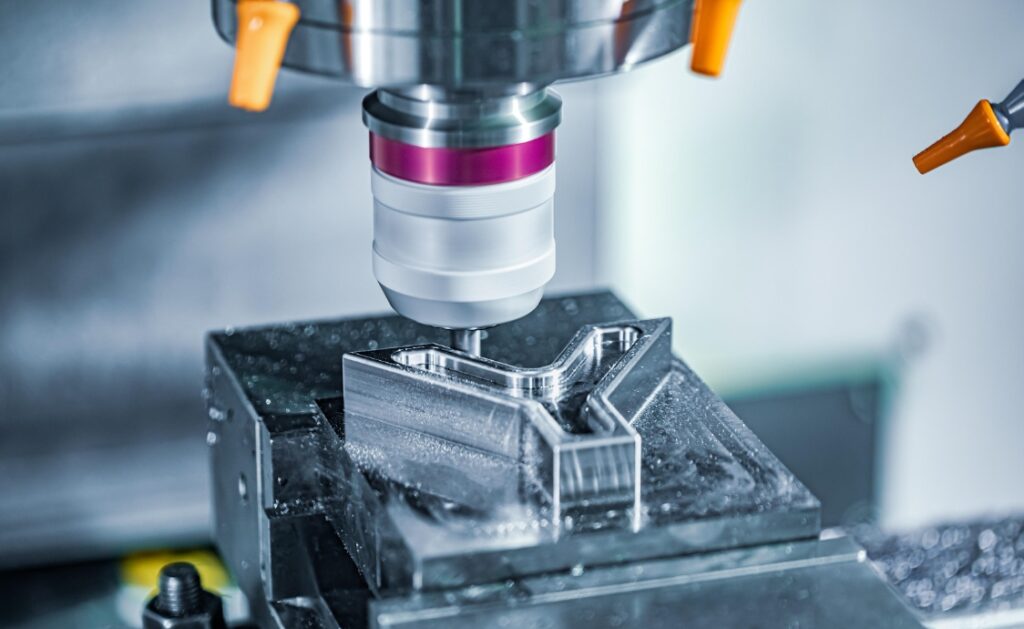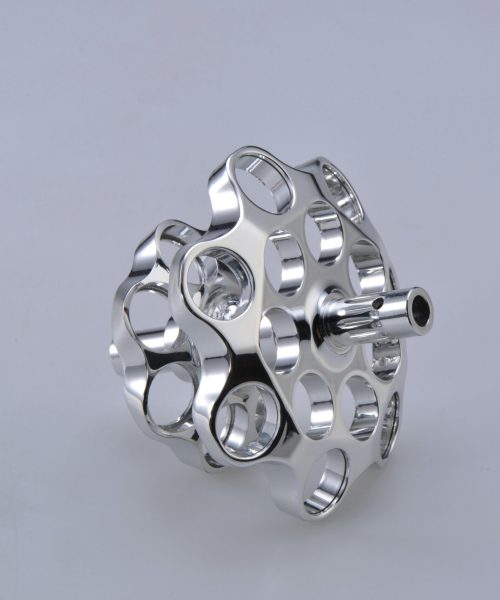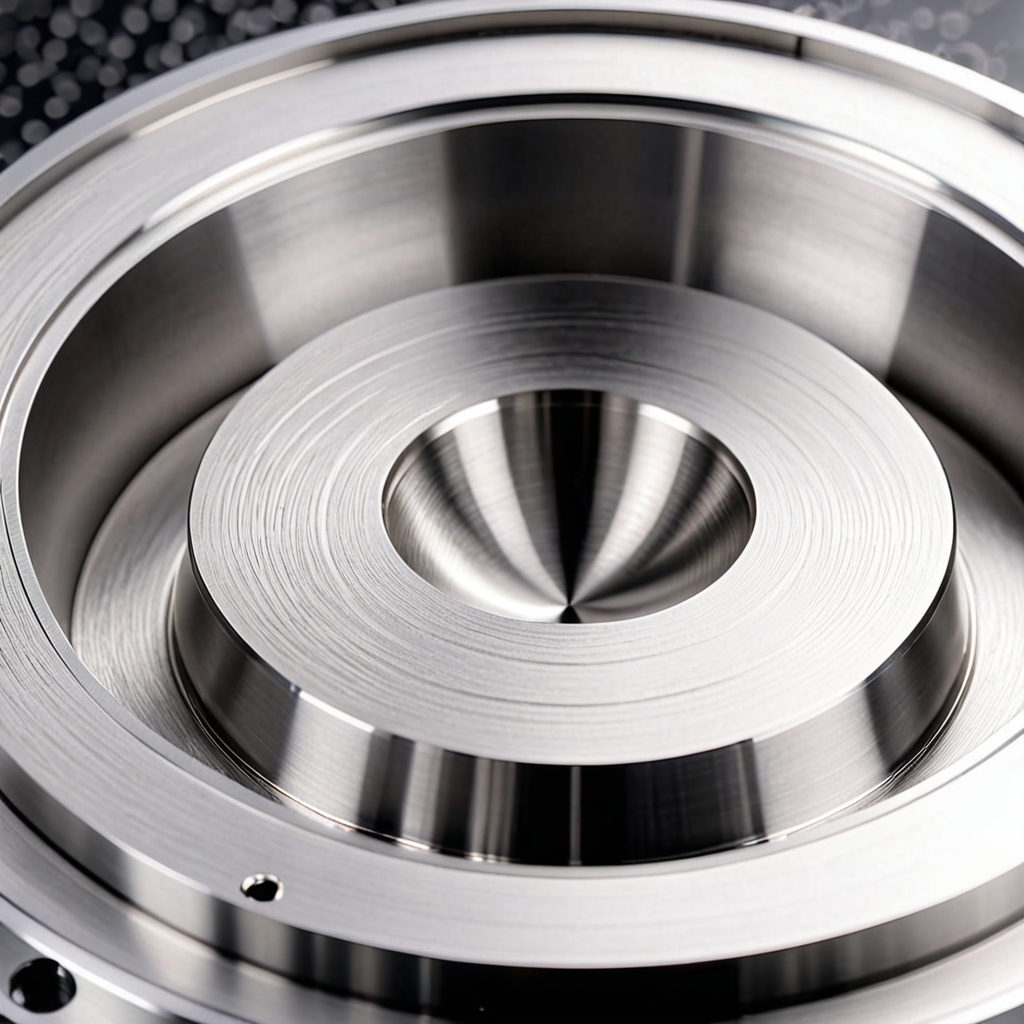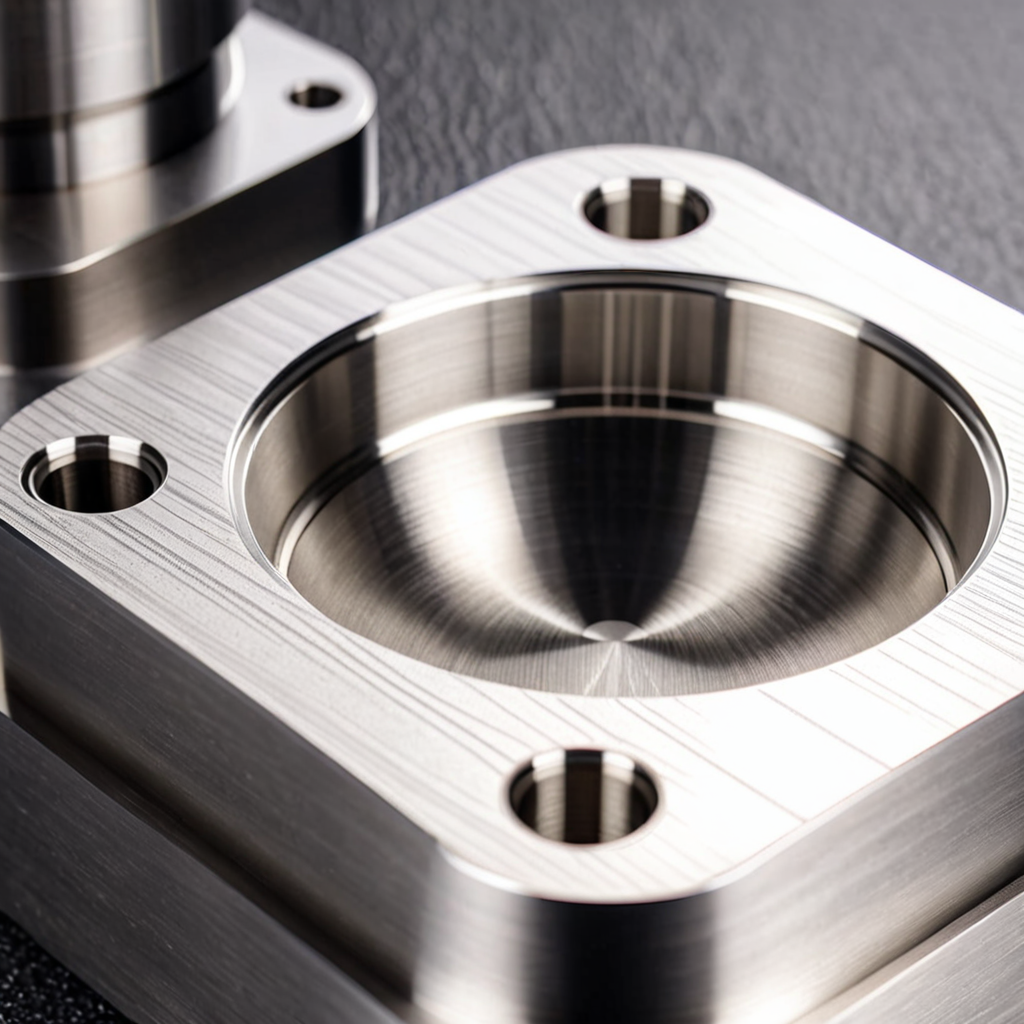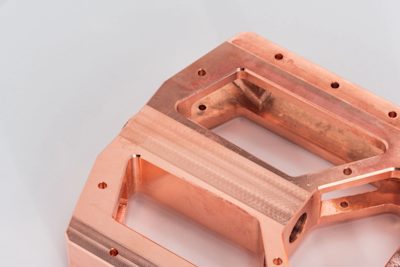The Challenges Of Titanium CNC Machining And How To Overcome Them
**Titanium CNC Machining Service: The Challenges and Solutions**
Titanium is a highly valued metal in various industries due to its unique combination of high strength, low weight, and corrosion resistance. However, machining titanium presents several challenges that must be addressed to ensure successful outcomes. This article explores these challenges and offers practical solutions.
One of the primary challenges in titanium CNC machining is its high strength and hardness, which can lead to rapid tool wear. Titanium’s toughness demands the use of high-quality cutting tools, such as tungsten carbide or coated tools, which are more durable and resistant to wear. Additionally, optimizing machining parameters like cutting speeds and feeds is crucial to minimize tool stress and extend tool life.
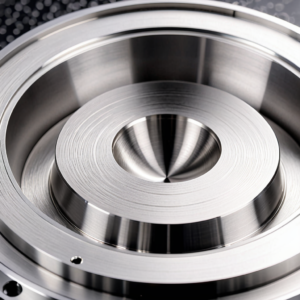

Another significant challenge is heat generation during machining. Titanium is a poor conductor of heat, leading to localized overheating that can damage both the tool and the workpiece. To mitigate this, appropriate coolants should be used to dissipate heat effectively. Maintaining controlled machining speeds also helps prevent excessive heat buildup, ensuring a smoother and more precise process.
Titanium’s reactivity with other materials at high temperatures can cause galling, where the metal sticks to the cutting tool. This issue can be addressed by employing advanced machining techniques and tools designed to reduce friction and prevent material adhesion. Proper tool coatings and geometries play a key role in minimizing this challenge.
The high cost of titanium necessitates efficient machining processes to reduce material waste and lower production expenses. Implementing optimized machining strategies, such as minimizing material removal rates and utilizing simulation tools, helps in achieving cost-effective solutions. Skilled operators are essential to ensure that these strategies are executed effectively.
In conclusion, overcoming the challenges of titanium CNC machining requires a combination of advanced tools, optimized processes, and skilled expertise. By addressing issues like tool wear, heat management, material reactivity, and cost efficiency, manufacturers can successfully machine titanium, meeting the demands of industries that rely on its unique properties.
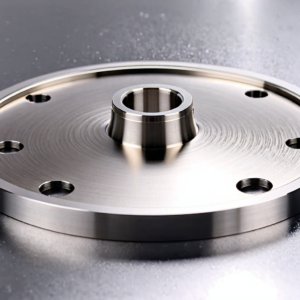

Applications Of Titanium CNC Machining In Various Industries
**Titanium CNC Machining Service: Applications Across Various Industries**
Titanium CNC machining is a pivotal process in modern manufacturing, leveraging the unique properties of titanium to produce high-performance components. Known for its exceptional strength-to-weight ratio, corrosion resistance, and biocompatibility, titanium is a sought-after material across multiple industries. Computer Numerical Control (CNC) machining enhances this by enabling precise and efficient production of complex shapes, crucial for meeting the stringent demands of various sectors.
In the aerospace industry, titanium CNC machining plays a critical role. The lightweight and durable nature of titanium makes it ideal for aircraft and spacecraft components, such as engine parts and structural frames. Its ability to withstand extreme temperatures and stresses ensures reliability in harsh environments, making it indispensable for aerospace applications.
Transitioning to the medical field, titanium’s biocompatibility shines, particularly in implants and surgical instruments. Its resistance to corrosion and ability to integrate with human tissue make it perfect for hip replacements, dental implants, and surgical tools. This ensures longevity and safety for medical devices, enhancing patient outcomes.
The automotive industry also benefits from titanium CNC machining, particularly in high-performance vehicles. Components like engine components and exhaust systems are fabricated using titanium to reduce weight while maintaining strength, thereby improving fuel efficiency and performance.
In marine environments, titanium’s corrosion resistance is invaluable. Used in seawater exposure applications such as propeller shafts and hardware, it withstands the corrosive effects of saltwater, ensuring durability and reducing maintenance needs.
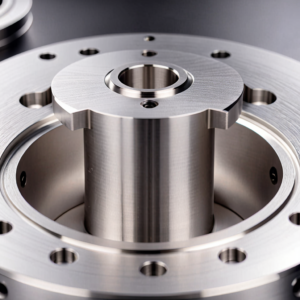

Beyond these industries, titanium CNC machining finds niche applications in sports equipment. Bicycles and golf clubs utilize titanium’s lightweight and strength, enhancing performance and user experience.
In conclusion, titanium CNC machining’s versatility across aerospace, medical, automotive, marine, and sports industries underscores its significance. As technology advances, its applications are expected to expand, driving innovation and efficiency in manufacturing.
A Guide To Choosing The Right Titanium CNC Machining Service
**Titanium CNC Machining Service: A Guide to Choosing the Right Provider**
In an era where precision and durability are paramount, titanium CNC machining has emerged as a cornerstone in various industries, including aerospace, medical, and automotive. The process involves using computer numerical control to craft intricate titanium parts with exceptional accuracy. Selecting the right titanium CNC machining service is crucial for ensuring high-quality outcomes, timely delivery, and cost-effectiveness. This guide outlines key considerations to help you make an informed decision.
First and foremost, the expertise and experience of the service provider are critical. Titanium’s unique properties, such as high strength and corrosion resistance, require specialized skills. A provider with a proven track record in handling titanium can navigate challenges like machinability and ensure optimal results. Look for a company that showcases a portfolio of successfully completed titanium projects.
Equally important is the technology and equipment at the provider’s disposal. Advanced CNC machines equipped with tools designed for titanium are essential for achieving the required precision and surface finish. A state-of-the-art facility not only enhances efficiency but also ensures that your parts meet stringent specifications.
Quality control is another pivotal factor. A robust quality assurance process, including rigorous inspection and testing, guarantees that every component meets your standards. Certifications such as ISO 9001 underscore a commitment to quality, providing assurance of adherence to industry benchmarks.
Material handling and storage are often overlooked but are vital for maintaining titanium’s integrity. Proper storage in a controlled environment prevents contamination, crucial for applications in sensitive fields like healthcare. Ensure your provider has measures in place to handle and store titanium appropriately.
Lead times and production capacity are also significant. Discuss your project’s timeline with potential providers to ensure they can meet your deadlines without compromising quality. A provider with flexible production capabilities can adapt to your needs, whether a prototype or large-scale production.
Cost is a key consideration, though it should not overshadow quality. While it’s tempting to opt for the lowest bid, prioritize value. A comprehensive quote that includes all services from design to delivery ensures transparency and avoids hidden costs.
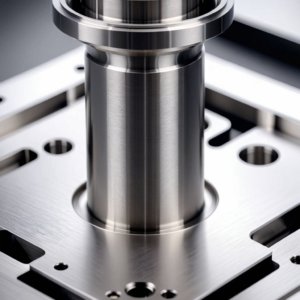

Certifications and compliance are non-negotiable, especially in regulated industries. Ensure the provider complies with relevant standards, such as those from the Federal Aviation Administration or Food and Drug Administration, depending on your application.
Lastly, customer service and communication are essential for a smooth collaboration. A responsive provider who maintains open lines of communication ensures your needs are met and any issues are promptly addressed.
In conclusion, selecting the right titanium CNC machining service involves evaluating expertise, technology, quality control, material handling, lead times, cost, certifications, and customer service. By carefully considering these factors, you can partner with a provider who delivers high-quality, precise titanium components, fostering long-term success for your projects.

